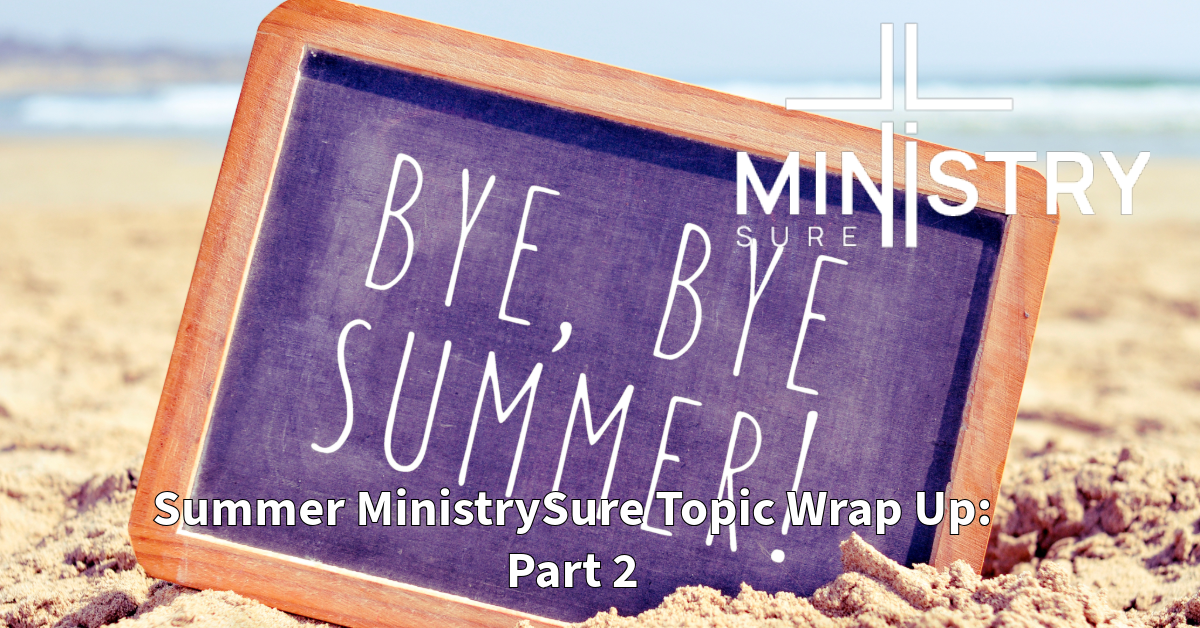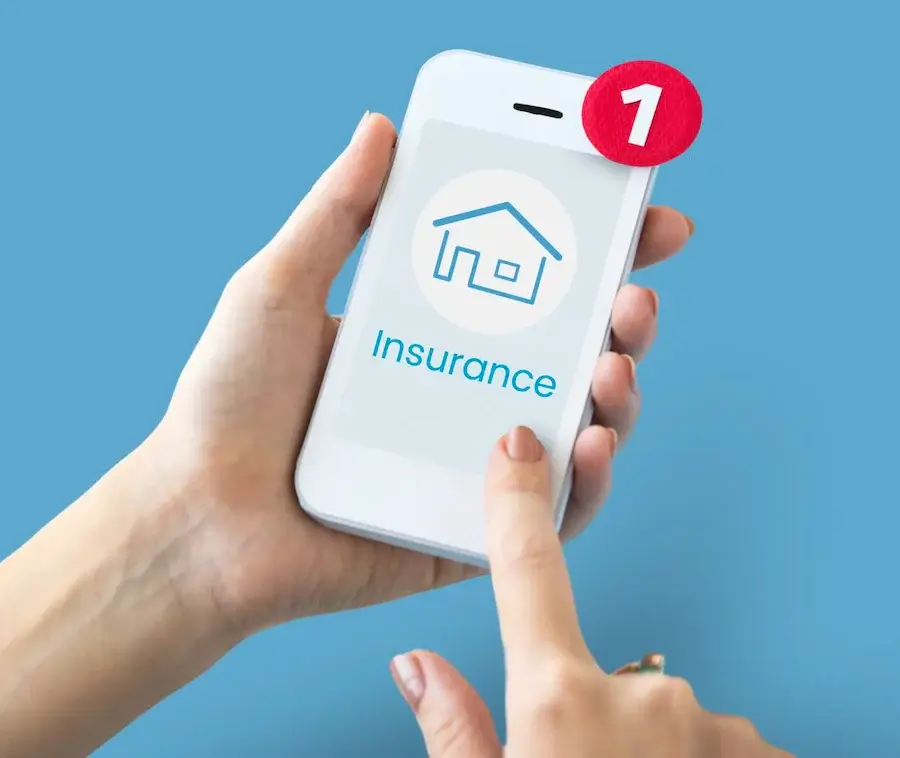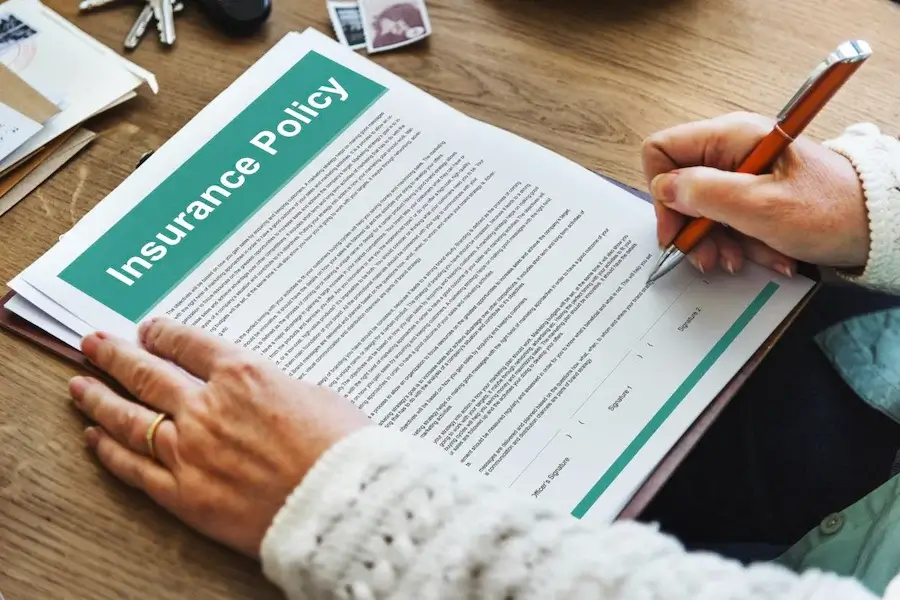As summer 2024 draws to a close, it’s the perfect time to reflect on the key topics and themes that were explored over the past few months: private school insurance. Private schools, like any other educational institutions, face a variety of risks on a daily basis. These risks can arise from various aspects of school operations, including student accidents, data breaches, and even legal claims from employees or parents. One of the key takeaways from this summer’s discussions is the critical role that comprehensive insurance coverage plays in mitigating these risks. Whether it’s liability insurance, property insurance, or cyber insurance, having the right policies in place can protect schools from financial losses and help them focus on providing a safe and nurturing environment for students.

Liability Insurance
When it comes to liability insurance, private schools need to consider several factors. Liability insurance is designed to cover claims related to bodily injury, property damage, or personal injury that occurs on school grounds or during school-related activities. For instance, if a student is injured during a physical education class or a school event, the school could be held responsible for medical expenses and legal fees. Additionally, if a parent or visitor slips and falls on school property, liability insurance would help cover the costs of the resulting claims. These incidents may seem rare, but they can lead to substantial financial losses if the school is not adequately covered. The blog post “What Kind of Liability Insurance Do Christian Private Schools Need?” explores the various types of liability coverage that private schools should consider, including general liability and umbrella policies, which provide additional protection beyond standard limits.
Property Insurance
Another important aspect of insurance for private schools is property insurance. Private schools often invest significant resources in their buildings, equipment, and other assets. Property insurance helps protect these investments by covering the cost of repairs or replacement in the event of damage caused by fire, theft, vandalism, or natural disasters. Without property insurance, a private school could face enormous out-of-pocket expenses to repair or rebuild after a major incident. Property insurance also extends to cover the contents of the school, such as computers, furniture, and other valuable equipment that are essential for daily operations. In the blog post “What Kind of Property Insurance Do Christian Private Schools Need?,” we delved into the specific property risks that private schools face and how to choose the right coverage to ensure full protection.
Cyber Liability Insurance
One type of insurance that has become increasingly important for private schools in recent years is cyber liability insurance. With more schools relying on digital platforms for student records, communications, and educational resources, the risk of data breaches and cyberattacks has grown significantly. Cyber liability insurance helps protect schools from the financial consequences of these incidents, including the cost of notifying affected individuals, restoring compromised systems, and defending against legal claims. In some cases, schools may also be held liable for failing to adequately protect sensitive information, such as student medical records or personal data. The blog post “Does a Christian Private School Need Cyber Liability Insurance?” highlights the growing importance of this coverage and offers tips on how to safeguard against cyber threats.
Professional Liability Insurance
In addition to liability, property, and cyber insurance, private schools should also consider professional liability insurance, particularly for their staff and faculty. Teachers, administrators, and other school personnel can be sued for alleged negligence or failure to meet the expected standards of care. Professional liability insurance, also known as errors and omissions insurance, provides coverage for claims of malpractice, errors, or omissions in the course of providing educational services. This type of insurance is especially important in today’s litigious environment, where educators may face legal action from parents or students for issues such as grading disputes, disciplinary actions, or accusations of discrimination. “The Importance of Professional Liability Insurance for Private Schools” discusses why this coverage is crucial for protecting school staff from personal financial losses resulting from legal claims.
Event Insurance
One often-overlooked area of insurance for private schools is event insurance. Schools frequently host special events, such as graduation ceremonies, fundraisers, and sports competitions, which can expose them to unique risks. Event insurance provides coverage for accidents, injuries, and property damage that may occur during these events. It can also help cover the cost of canceling or rescheduling an event due to unforeseen circumstances, such as severe weather or a venue issue. As schools plan their calendars for the upcoming year, it’s important to consider the potential risks associated with hosting large gatherings and ensure that event insurance is part of their overall risk management strategy. You can learn more about this type of coverage in the blog post “Do Private Schools Need Event Insurance?.”
Business Interruption Insurance
Finally, one of the most important types of insurance for private schools is business interruption insurance. This coverage helps protect schools from financial losses in the event that they are unable to operate due to a covered event, such as a fire, flood, or other disaster. Business interruption insurance can help cover ongoing expenses, such as payroll and utility bills, while the school is closed for repairs or rebuilding. Without this coverage, a school may struggle to stay afloat during a prolonged closure, putting its long-term viability at risk. “What Is Business Interruption Insurance for Christian Private Schools?” provides a detailed look at how this coverage works and why it’s essential for private schools.
In summary, private schools face a wide range of risks that require comprehensive insurance coverage to protect their assets, staff, and students. Liability insurance, property insurance, cyber liability insurance, professional liability insurance, event insurance, and business interruption insurance are all critical components of a well-rounded insurance program for schools. By securing the right policies, private schools can focus on their mission of providing quality education while minimizing the financial impact of unexpected events. For more information on how to tailor your school’s insurance coverage to meet its specific needs, be sure to review the resources provided in the articles linked throughout this wrap-up.






